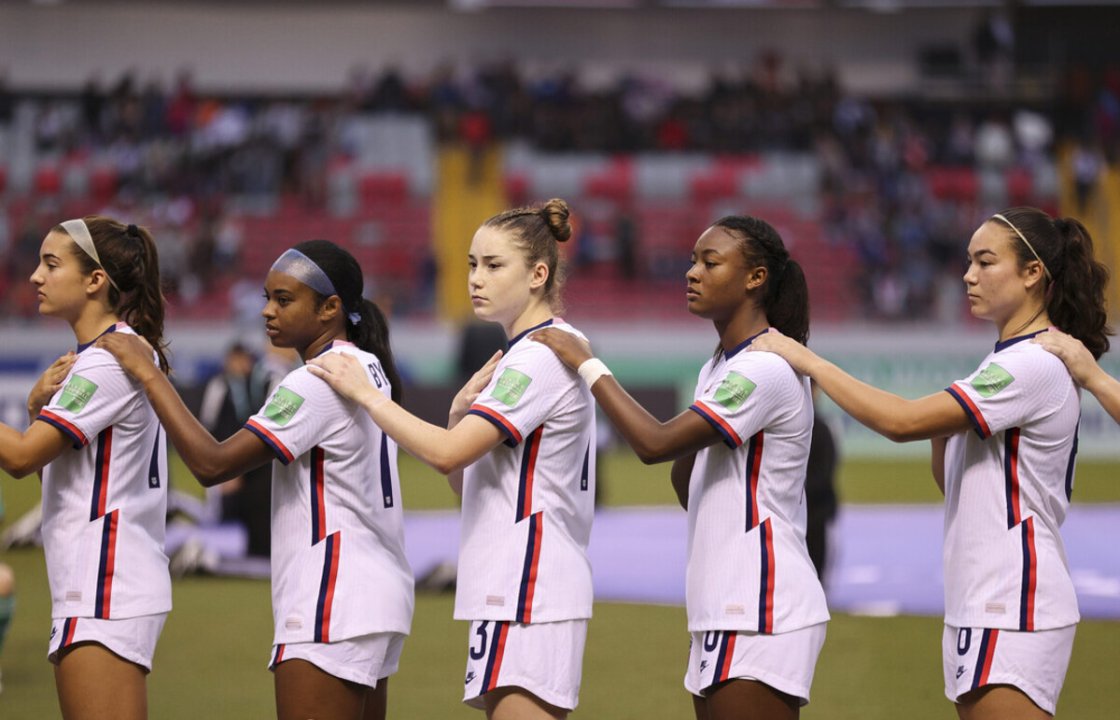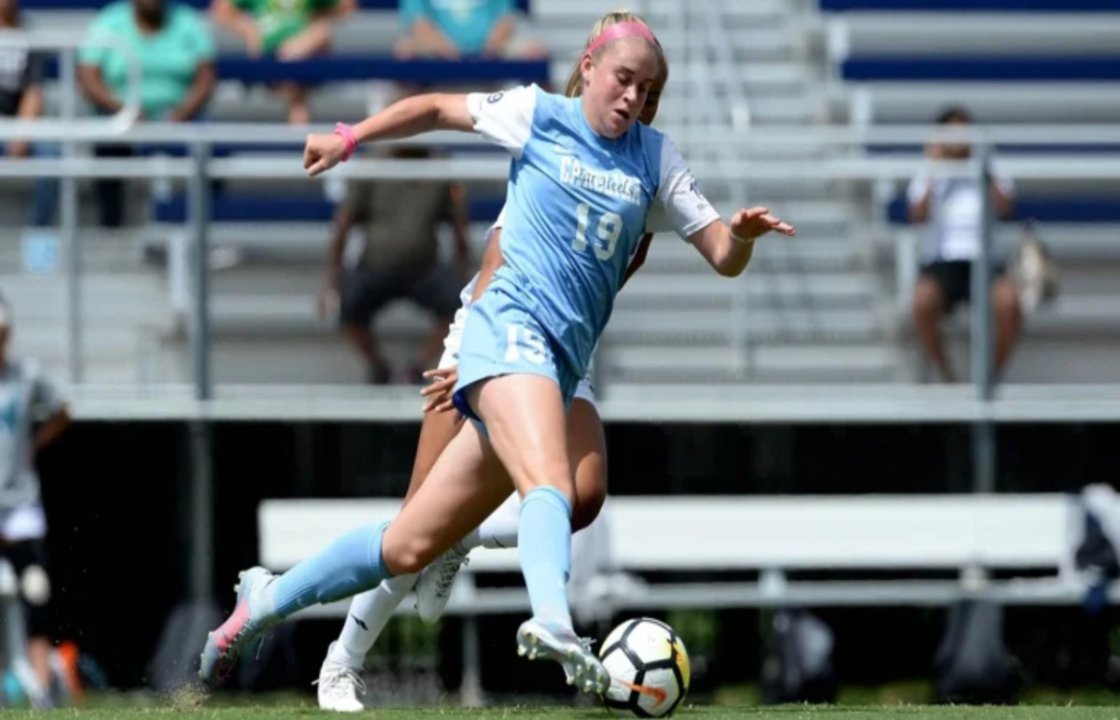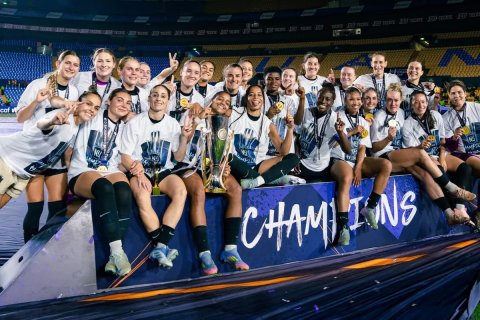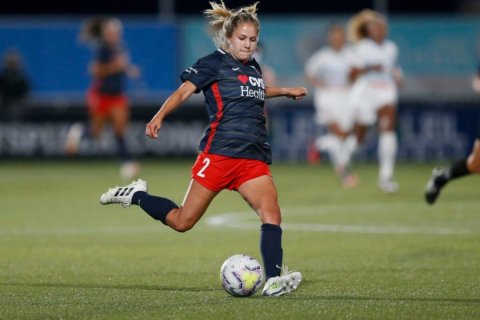Women’s college soccer in the United States is more than just a competitive sport—it's a global engine for empowerment, education, and opportunity.
A Unique American Model with Global Impact
When it comes to women’s sports development, no country has had a greater impact than the United States—and at the heart of this revolution lies the collegiate system. The NCAA women’s soccer program is a dynamic platform that blends elite athletic training with high-quality education, offering female athletes a chance to grow both on the field and in the classroom.
This dual-track model is rare globally. In most countries, aspiring female soccer players are forced to choose between pursuing higher education or chasing their professional dreams. But in the U.S., women can thrive in both worlds. This structure has created ripple effects across the globe, with thousands of international student-athletes using the college soccer system as a launchpad for careers, leadership roles, and even social change.
Creating Leaders, Not Just Athletes
Women’s college soccer doesn’t just produce top-level players—it cultivates leaders, scholars, and change-makers. Through their experiences, student-athletes develop key traits like resilience, teamwork, discipline, and global awareness. Many go on to become coaches, entrepreneurs, educators, and advocates for gender equity in sport.
Colleges have increasingly emphasized leadership development, community service, and civic engagement as part of the student-athlete experience. As a result, these young women graduate with more than just athletic achievements—they bring with them the tools to make an impact in their own communities and beyond.
This empowerment-through-sport model has become a soft power tool for the U.S., influencing how other countries invest in women’s sports infrastructure. It showcases how the combination of sport and education can be a powerful vehicle for societal change.

Opportunities for International Talent
One of the most striking features of the NCAA system is the diversity of its rosters. In recent years, American college teams have seen an influx of international players from Europe, Latin America, Africa, and Asia. These players come not just for the opportunity to play soccer but also to pursue a degree, learn a new culture, and grow as individuals.
For many, playing college soccer in the U.S. is a life-changing opportunity. It provides scholarships, medical care, training facilities, and a support system rarely matched in other parts of the world. These resources offer a level of security and structure that enables international athletes—many of whom come from underprivileged backgrounds—to flourish.
The experience doesn’t just benefit the players. American teams gain tactical diversity, cross-cultural communication skills, and a broader worldview by integrating global talent. In turn, these athletes often bring their knowledge and leadership back home, acting as ambassadors for the development of women's soccer in their native countries.
Fueling the Growth of the Women’s Game Globally
The success of U.S. college soccer has inspired clubs and federations around the world to invest more in their women’s programs. Players who develop in the U.S. system often return to their countries as trailblazers, helping raise the level of play and bringing new ideas to training, coaching, and organization.
Some alumni become coaches or work with NGOs, helping build grassroots programs for girls’ participation in sports. Others launch their own initiatives focused on social justice, youth development, or health and wellness. These athletes are not just giving back—they’re pushing their communities forward.
In a world where gender inequality remains prevalent, especially in sports, the model of collegiate soccer provides a tangible example of how investment in women’s development can result in strong, capable, and confident leaders who are ready to shape the future.
Breaking Barriers and Stereotypes
Women’s college soccer plays a crucial role in breaking cultural, economic, and gender-based barriers. In many regions, girls are still discouraged—or outright prohibited—from participating in sports. By witnessing the success of international student-athletes, young girls everywhere are inspired to dream bigger.
Success stories of athletes from countries like Nigeria, Colombia, or Japan who excel in the NCAA prove that talent knows no boundaries. These athletes become role models, showing that girls from any background can achieve excellence if given the chance. They shatter outdated stereotypes and open doors for future generations.
Furthermore, the visibility of these athletes in American universities helps normalize the idea of gender equity in sports. It sends a powerful message that female athletes deserve the same respect, resources, and recognition as their male counterparts.

Innovation, Technology, and Player Development
Another reason why the women’s college soccer system is such a powerful global tool lies in its access to cutting-edge technology and sports science. Players in college programs benefit from resources such as GPS tracking, performance analysis, nutrition plans, and mental health support.
These practices are then carried into their future clubs, academies, and communities. In effect, NCAA athletes become catalysts for innovation, influencing how training and player development are approached on a global scale. Their experiences introduce modern methodologies to parts of the world where women’s soccer may still be developing.
This knowledge transfer helps close the gap between countries with well-established women's programs and those still in the early stages of growth.
The Legacy: Long-Term Global Impact
Perhaps the most overlooked aspect of women’s college soccer is the long-term social legacy it creates. By empowering women through education and sport, this system contributes to broader goals such as gender equality, poverty reduction, and community development.
A former student-athlete who becomes a coach, doctor, or business leader in her country is a powerful symbol of what's possible when girls are given access to opportunity. These athletes carry forward the values of hard work, inclusivity, and excellence, influencing policy, mentoring youth, and reshaping societal norms.
Women's college soccer isn’t just about winning games—it's about creating a new generation of global citizens who understand the value of diversity, collaboration, and empowerment.
SIA Academy and the Bridge to the Future
At SIA Academy, we believe in the transformational power of soccer—not just as a sport, but as a tool for education, empowerment, and opportunity. Many of our female players dream of playing collegiate soccer in the U.S., and we guide them every step of the way. Through academic preparation, individual development plans, language training, and personalized support, we ensure our athletes are ready for the next stage of their journey.
We align our programs with the values seen in women’s college soccer: growth mindset, international exposure, and holistic development. Whether it's through technical sessions, video analysis, or showcasing our players to scouts, our goal is to provide the same foundation of excellence that defines the NCAA system.
In doing so, we don't just prepare athletes—we help build future leaders who will make a difference both on and off the pitch.






